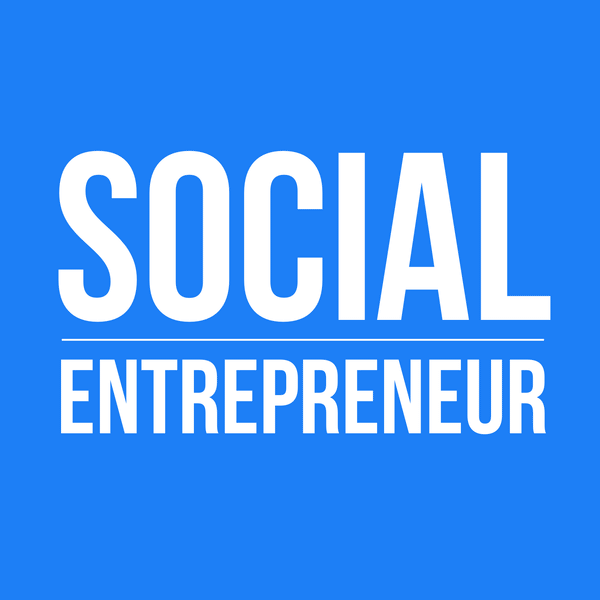
036, Teju Ravilochan Unreasonable Institute | Providing Entrepreneurs What They Need to Scale Impact
- 36:09
- January 25th 2016
In many ways Teju Ravilochan’s story is the story of many immigrant families. His parents were born in India, but he was born in the United States. His parents learned how to adapt to their new culture through their own experience but also through the experiences of their children. Teju also learned about the world through the eyes of his parents.
It was on a trip to India as a young man when a person Teju saw someone around his age who was begging for money. He was confronted with the sad reality of the “birth lottery,” the fact that the circumstances in which a person is born can influence the economic opportunities available to him or her. To Teju, that seemed unfair. And yet, trying to take on global poverty almost felt like an impossible task. He wondered if there weren’t a place where people could learn to tackle tough social and environmental challenges. This thought was the seed from which the Unreasonable Institute was born.
The Unreasonable Institute is a mentorship and training program for entrepreneurs who are tackling social and environmental problems. Several times a year, at several global locations, Unreasonable brings about two dozen social entrepreneurs to a single living space, where they provide them with over 50 world-class mentors and about as many funders and investors. Unreasonable provides the knowledge, tools and resources that help social entrepreneurs to start quickly and scale their impact. They have locations in east Africa and Mexico. They also offer Unreasonable Labs, a 5-day experience. Their vision is to create 100 Unreasonable Institutes in 100 countries.
What are the results? Well, the first 150 mentors that they worked with have raised over $90 million in funding and have impacted more than 8 million lives.
Key quotes from the interview:
“That felt so sad to me. The world is unequal by virtue of luck. And the people who can help don’t help because it seems impossible to solve that problem.”
“My education was relatively abstract. It was focused on the problems. It wasn’t focused on what we could do about them.”
“We were exposed to approaches that were ineffective because they were treating poor people like victims.”
“Some of the approaches we saw that were advancing populations forward were treating poor people, not as victims, but as people who could solve their own problems.”
“Last year we reached 158 startups, which were equivalent to the number of startups we reached in all the previous years that we’ve been in operation.”
“I believe that there are two primary forces that really change the world. One of them is experimentation. The other is the organization of people.”
“We look for ventures that create what we call profound impact.”
“I would encourage everybody to formulate an 8-word mission statement which consists of a verb, a target population and an outcome.”
“Our mission is, get entrepreneurs what they need to scale impact.”
Resources:
- Unreasonable Institute: http://unreasonableinstitute.org
- Unreasonable East Africa: http://unreasonableeastafrica.org
- Unreasonable Mexico: http://unreasonablemexico.org
- Unreasonable Labs: http://unreasonablelabs.org
- Twitter: https://twitter.com/beunreasonable
- Facebook: https://www.facebook.com/unreasonableinstitute
- LinkedIn: https://www.linkedin.com/company/the-unreasonable-institute
- eBook: Five Key Traits of Successful Social Entrepreneurs: http://tonyloyd.com/socent
- Try Audible and Receive Two Free Audiobooks: http://tonyloyd.com/books
Social Entrepreneur
Social Entrepreneur exists at the intersection of profit and purpose. We tell positive stories from underrepresented voices, focused on solutions.